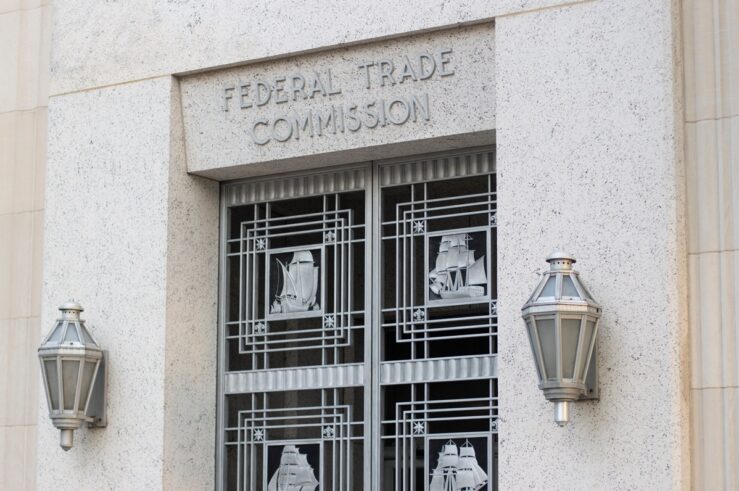My former student and recent George Mason Law graduate (and co-author, here) Angela Diveley has posted Clarifying State Action Immunity Under the Antitrust Laws: FTC v. Phoebe Putney Health System, Inc. It is a look at the state action doctrine and the Supreme Court’s next chance to grapple with it in Phoebe Putney. here is the abstract:
The tension between federalism and national competition policy has come to a head. The state action doctrine finds its basis in principles of federalism, permitting states to replace free competition with alternative regulatory regimes they believe better serve the public interest. Public restraints have a unique ability to undermine the regime of free competition that provides the basis of U.S.- and state-commerce policies. Nevertheless, preservation of federalism remains an important rationale for protecting such restraints. The doctrine has elusive contours, however, which have given rise to circuit splits and overbroad application that threatens to subvert the state action doctrine’s dual goals of federalism and competition. The recent Eleventh Circuit decision in FTC v. Phoebe Putney Health System, Inc. epitomizes the concerns associated with misapplication of state action immunity. The U.S. Supreme Court recently granted the FTC’s petition for certiorari and now has the opportunity to more clearly define the contours of the doctrine. In Phoebe Putney, the FTC has challenged a merger it claims is the product of a sham transaction, an allegation certain to test the boundaries of the state action doctrine and implicate the interpretation of a two-pronged test designed to determine whether consumer welfare-reducing conduct taken pursuant to purported state authorization is immune from antitrust challenge. The FTC’s petition for writ of certiorari raises two issues for review. First, it presents the question concerning the appropriate interpretation of foreseeability of anticompetitive conduct. Second, the FTC presents the question whether a passive supervisory role on the state’s part can be construed as state action or whether its approval of the merger was a sham. In this paper, I seek to explicate the areas in which the state action doctrine needs clarification and to predict how the Court will decide the case in light of precedent and the principles underlying the doctrine.
Go read the whole thing.




